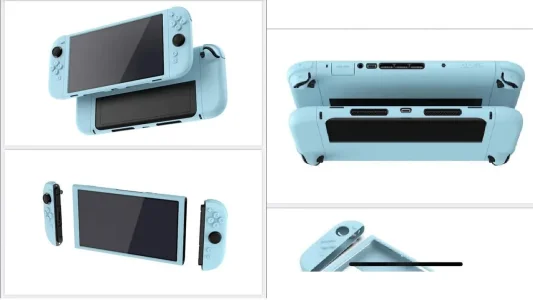[h1]Nintendo looks outside Japan for next system's leadership[/h1][h2]by Connor Sheridan|October 22, 2014[/h2]
Nintendo is looking to
hire a lead graphics architect for its Washington-based Nintendo Technology Development office. Of course, the fact that Nintendo is hiring up for "future gaming platforms" isn't much of a surprise (it has been doing so for thirty years, why stop now?) but where and who it's recruiting offers some rare insight into the company's shifting priorities.
The architect will do all sorts of, y'know, technical stuff, but the job listing reveals at least one exciting tidbit for people who are more eager to play Nintendo's next console than design it: the position will "act as the graphics architectural evangelist working with global Nintendo teams for future and on-going programs".
Nintendo Technology Development was
established in 1996, and it has contributed to many products since then, including the
Wii U GamePad's wireless systems. That said, Nintendo Integrated Research & Development in Kyoto has remained the unquestioned center of console creation efforts for as long as Nintendo's made stuff with Start and Select buttons.
But a "graphics architectural evangelist" responsible for guiding work with Nintendo's teams all around the world sounds like an entirely new level of contribution from beyond the ivory tower (and that's just the one position we know about). Nintendo may be taking a page from the PS4's design document.
Sony looked outside of its typical knowledge base when it selected Mark Cerny as architect for its latest system. He pushed for the company to create a platform that would appeal to developers (and by extension consumers) everywhere, not just in the company's home region of Japan. It's
worked out pretty well so far.
Up until now, Nintendo of America and other satellite offices acted largely as localization and licensing centers, leaving most questions of direction to the monolithic Kyoto headquarters. Remember that
tone-deaf Miiquality imbroglio? Yeah, that was one nasty culture-clashing side effect. As
Nintendo CEO Satoru Iwata admitted in January, he and the company have problems staying in touch with the demands of global consumers: “In Japan, I can be my own antenna, but abroad, that doesn’t work."
As Wii's success fades into history and mobile gaming eats more of its handheld lunch, the classic Nintendo response is to look for another ‘blue ocean’ to dive into where it needn't worry about direct competitors. Even as the company pursues weird-but-potentially-lucrative offshoots like
Amiibo and whatever that Quality of Life platform is, it's good to see the big N's tech types branch out into some truly daring territory: the rest of the world.
I can't wait for Bayonetta 2 and Smash Bros.




 ).
).


 I just figured since my Wii is collecting dust, I could use it for my retro fix.
I just figured since my Wii is collecting dust, I could use it for my retro fix.








 graphics for a game to be good
graphics for a game to be good

































